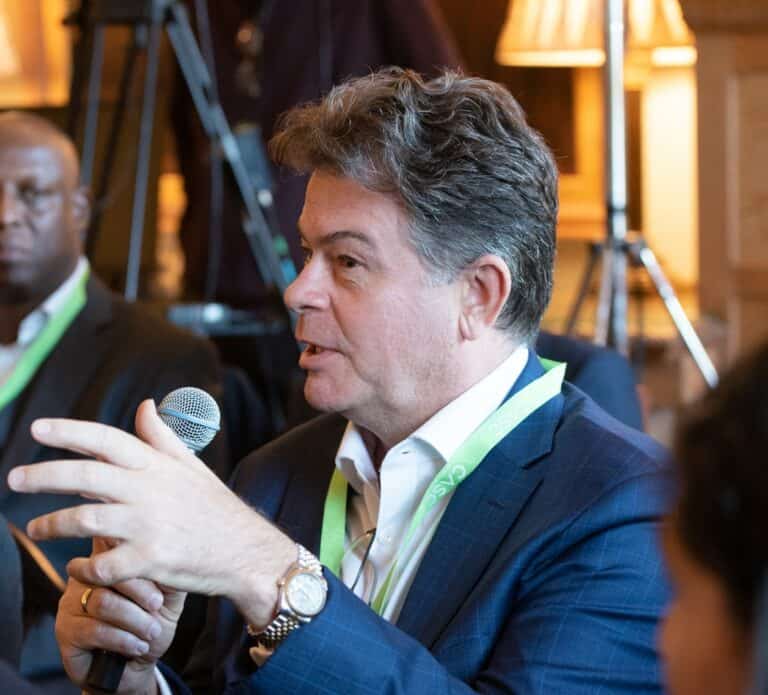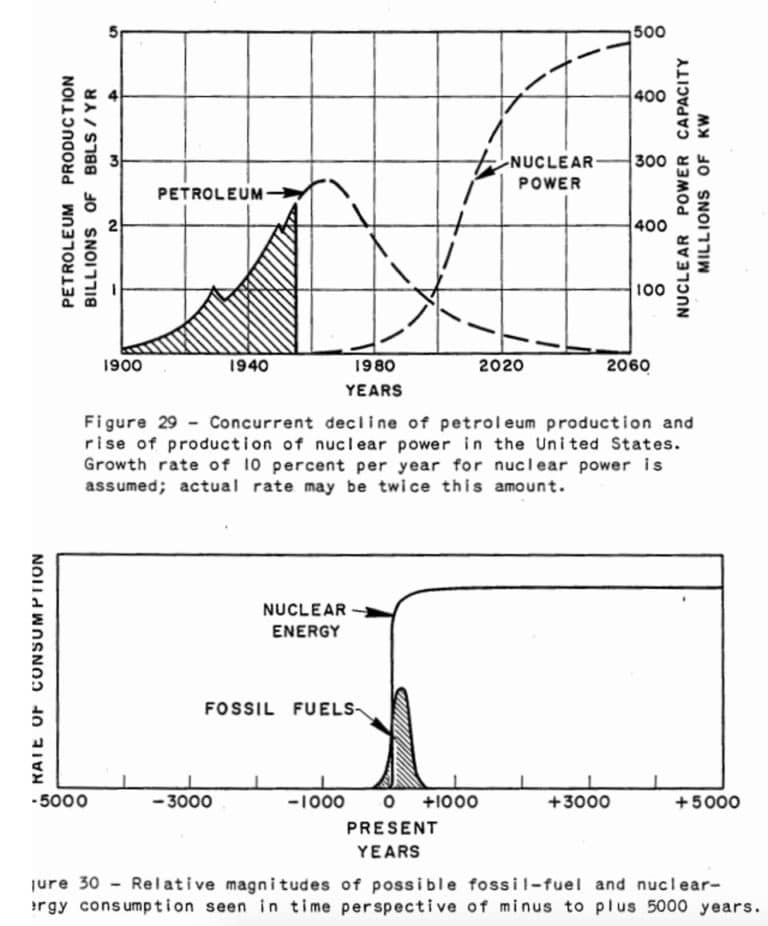Atomic Show #265 – Atomic Optimism. Under-appreciated opportunities in sight.
On Sunday, Feb 17, I realized that I was feeling extraordinarily good about the future of atomic energy, the future of clean energy production, and the future prosperity of the world that my grandchildren are going to inhabit.
I immediately composed and sent an invitation to some atomic colleagues to join me in a conversation. I picked the invitee list carefully, hoping to obtain useful responses to my explanation for the numerous bases on which my optimism relied.
Guests were forewarned about my bubbly mood and asked to bring their best arguments to temper my enthusiasm and perhaps talk me down from an artificially induced state of euphoria.
Of course, I couldn’t provide much prior notice, If I waited too long, the mood might dissipate or my bubble might be prematurely punctured by some kind of real life event.
Guests who were able to join in the conversation included:
Meredith Angwin, author of Campaigning for Clean Air, Voices for Vermont Yankee and an intriguing, forthcoming book on the state of the grid in restructured regulatory “markets.”
Steve Aplin, blogger at Canadian Energy Issues
Jessica Lovering, Director of Energy at the Breakthrough Institute, and an expert on historical cost trends in nuclear energy generation systems
Canon Bryan, the CFO of Terrestrial Energy and a financial specialist with deep experience in the uranium market
I think you will enjoy the conversation. Spoiler, none of the guests succeeded in significantly dampening my enthusiasm for the possibility that we are very near an important inflection point in human history.
Podcast: Play in new window | Download (Duration: 1:09:51 — 64.1MB)
Subscribe: RSS




I listened to the podcast while working and getting snowed-in here in South Jersey.
It was interesting that one of the participants sounded surprised by the assertion that the government of technology vendor’s host country would be intimately involved in the negotiation, sale, and continued supply of spares/fuel/guidance/etc. Yes. Strings will be attached and they will be yanked willy-nilly by politicians, unless the customer is a first tier partner/peer nation, such as a non-Turkish NATO member. Similar strings would be attached Russian or Chinese purchases, no doubt… perhaps less strings and more threads from the Koreans or French. The mention of Russia educating Africans to grease future sales of nuclear equipment illustrates that they are playing a long game. Honestly though… I would like to see ‘up and coming’ nations like Poland follow a path of indigenous development like Argentina. This path is not developing technology in a vacuum; it requires robust international cooperation. There is no excuse for any country with +50M people to not procure and develop indigenous nuclear talent.
Oh FFS, Rod. You KNOW that what I am posting is true. I am using public sources. Just because you do not like the unwelcome conclusions does NOT give you any right to suppress the facts behind them.
Now un-censor what you’ve censored and discuss it honestly.
@EP
power theft takes place all over the 2nd and 3rd world; it doesn’t happen to any extent in the 1st world where laws are enforced with gusto and some laws are enforced exclusively to fund law enforcement. An acquaintance of mine recently lost her dwelling after service transformer on the pole was overloaded by power thieves; it exploded and burnt down her home (Manila, PH). This country has a 2-loop WEC PWR (Bataan – near Mt. Pinatubo) that was completed and paid for, but never operated. Power is expensive there, but they don’t use much AC. I’ve heard anecdotes about rampant power theft in Latin American Favelas. As of 10-years ago, you could pay a guy to use a power drill to run back your electric meter in Romania – maybe that has since changed, but they operate a pair of CANDU there.
Yes, exactly. This makes it far more difficult to recover costs of any generating plant, but especially those which have high capital costs. If you can’t make it pay, either it gets subsidized by government or nobody’s going to build it. Governments of poor countries aren’t flush with cash, so such infrastructure would have to be financed by what amounts to grants (or, in the case of China, predatory loans backed by other assets that China wants).
If there’s a country below the Sahara where this isn’t the case, I haven’t heard of it. Worst of all, all the smart people in those countries appear to be doing their best to get out. If they’re all elsewhere, who’s going to do the construction, maintenance and operational work that requires smarts?
Good episode – thanks Rod.
Ace of Spades has a pro-nuke post up in response to the Green New Deal. They also link to a Forbes article that makes the case that “The Real Reason They Hate Nuclear Is Because It Means We Don’t Need Renewables.” For this argument to spill over into Ace is an interesting data point. Cheers –
http://acecomments.mu.nu/?post=379946
HTGRs, high temperature gas reactors
StarCore 14 MWe
GFP, Global First Power, 5 MWe
both submitted to the Canadians. These may have promise to replace natural gas burners as backup for wind power. Maybe a pair of threads, Rod?